‘Diversity is woven into the very soul of the story.’ If those words of praise from a rave review in a left-leaning journal sound to you about as inviting as a cup of cold sick, then my advice would be to stay well clear of The Sandman.
Neil Gaiman’s epic graphic novel series (launched in 1989), set in the world of dreams, was relentlessly inclusive long before it became the norm. ‘I wanted to change hearts and minds,’ Gaiman has said in an interview. ‘I had trans friends and still do, and it seemed to me that no one was putting trans characters into comics. And I had a comic.’
If this TV version had been made five years ago, it would probably have been considered very cutting edge. But thanks to recent developments in the world of screen comic book adaptations, it looks awkwardly dated. There’s a new mood in TV and Hollywood, exemplified by the shock cancellation of a $100 million superhero movie called Batgirl, which is widely being seen in the industry as part of a backlash against identity politics.
The man leading this backlash is David Zaslav, new studio boss of Warner Bros Discovery. Zaslav has reportedly had enough of the orgy of political correctness which has overwhelmed the superhero genre, in which Superman, Robin, Wonder Woman and Aquaman were all turned gay or bisexual, and where Batgirl was race swapped. ‘The best way to protect your job for the past 11 years in Hollywood was going woke. Now, overnight, it’s how you get fired,’ an insider tells me.
Well, good! And I’m not just saying this because I’m a reactionary old duffer. My real beef, from a critical perspective, is that whenever a filmmaker prioritises finger-wagging over aesthetics, the end result inevitably is a flawed product.
Take the opening episode of The Sandman, set partly in the spectacularly realised dream world (a walled city with phantasmagorical architecture, Game of Thrones meets Harry Potter) inhabited by the sleepy-voiced chief protagonist, Morpheus (Tom Sturridge), and partly in Edwardian England, where an Aleister Crowley-like magus (Charles Dance) is attempting to conjure up and capture Death himself.
Dance gets his spell a bit wrong and ends up kidnapping Morpheus instead, with terrible consequences for the daytime realm. With the King of Dreams gone awol, a sleeping sickness besets the land, illustrated by a scene of an upper-middle-class black family looking perturbed that their crinoline-dressed daughter will not wake up. The standard defence of this kind of in-your-face anachronism is that in the fantasy genre anything goes. But I’m not so sure. For the fantastical bits to work, surely everything needs to be grounded in verisimilitude. That is, if as a viewer you’re going to invest yourself emotionally in a drama’s otherworldly vision, the last thing you need is to be jerked back into reality with quibbles like: ‘Well hang on. That doesn’t look like any version of Edwardian England I can believe in.’
There’s also a problem with some of the casting. When you’ve got actors of the calibre of Charles Dance and David Thewlis performing naturalistically and convincingly, it really doesn’t help when one or two of the other performances scarcely rise above decent school play level. Again, it brings you up short. I shan’t name names, that would be cruel. But the feeling I get is that if this production had been a bit more versed in casting basics, all this distracting unevenness could have been avoided.
Even then though I think The Sandmanwould have been hard to endure for more than a couple of episodes. As someone else has noticed, Gaiman is much more interested in ‘world building’ than he is in developing plot or character. Not unlike in a real dream, it’s more a series of vignettes and grotesques and weirdnesses and impressions than it is a compelling, properly realised story. I felt this especially in the scene where, for some tortured reason or other, Morpheus goes to visit a cute gryphon resembling the bastard offspring of Dobby the House Elf and a creature from the ineffably tedious How To Train Your Dragon.
The gryphon is owned by a disturbing Tweedledum and Tweedledee comedy duo called Cain and Abel, whose schtick (spoiler alert) is that Cain keeps killing Abel. It reminds me of the turgid whimsy of a Tim Burton movie crossed with late-period Doctor Who. About as involving and welcome as the words: ‘I must tell you about this extraordinary dream I had last night.’ No thanks.
Got something to add? Join the discussion and comment below.
Get 10 issues for just $10
Subscribe to The Spectator Australia today for the next 10 magazine issues, plus full online access, for just $10.
You might disagree with half of it, but you’ll enjoy reading all of it. Try your first month for free, then just $2 a week for the remainder of your first year.


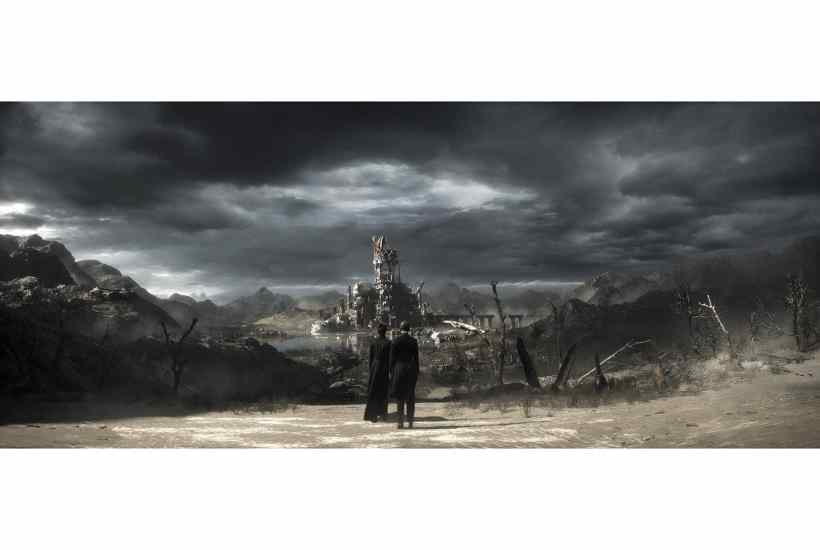


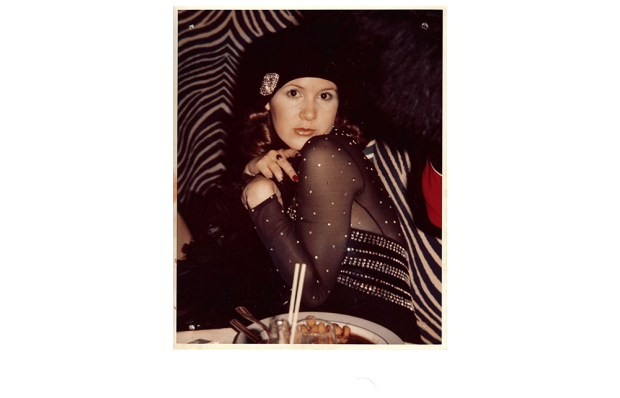
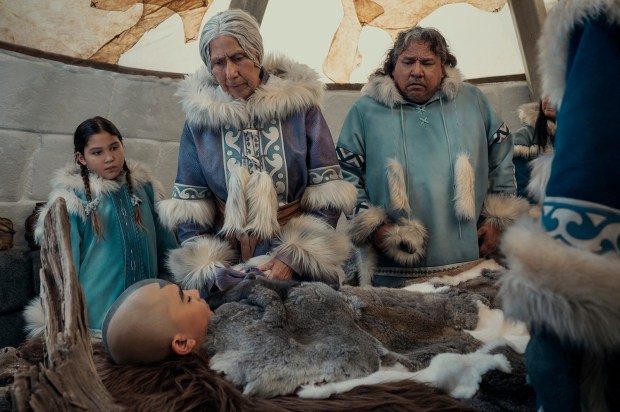
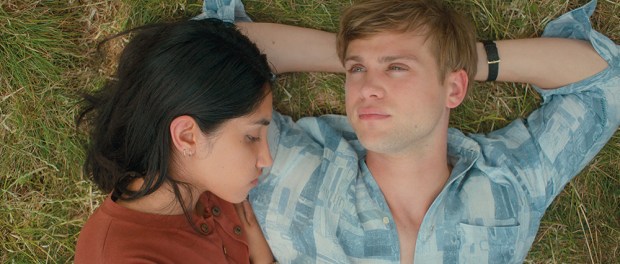
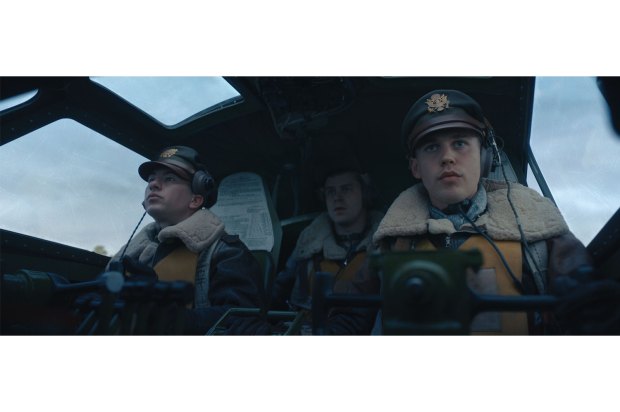






Comments
Don't miss out
Join the conversation with other Spectator Australia readers. Subscribe to leave a comment.
SUBSCRIBEAlready a subscriber? Log in